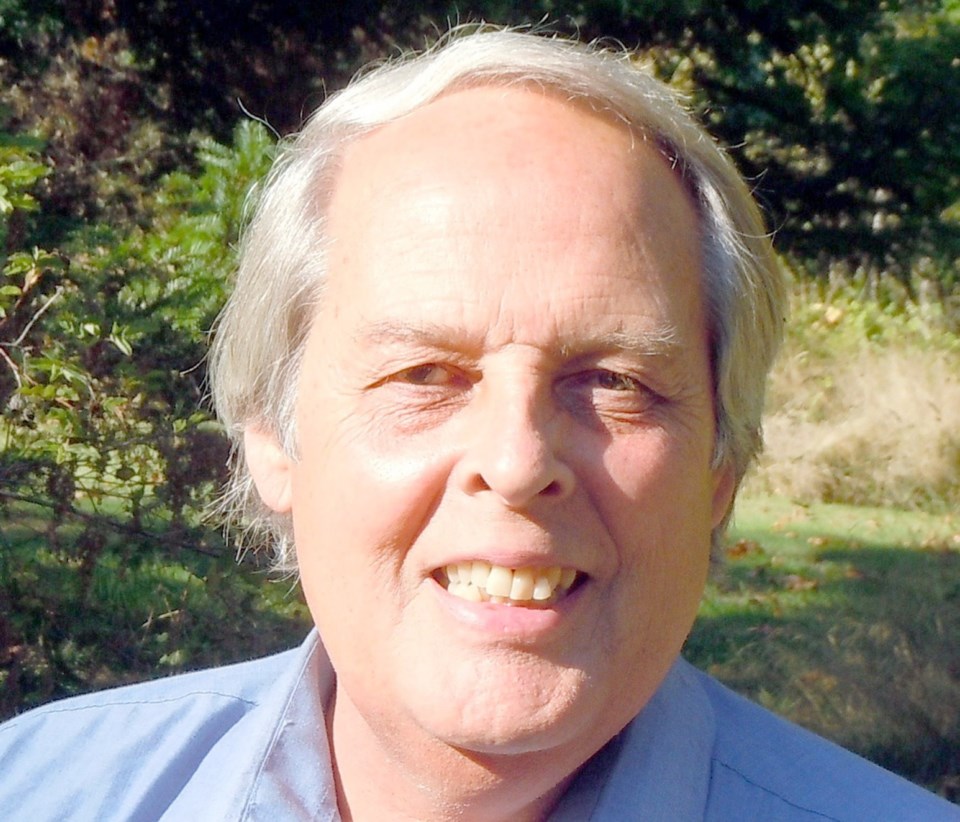Believing it can save $225,000 a year by bringing it in-house, Sooke is ending its contract with Alberta-based EPCOR Water (West) for operation and maintenance of the municipal sewage-treatment plant.
Sooke council voted unanimously Tuesday to give the required six months’ notice to cancel the contract. The district will take over operations on Oct. 1.
Sooke’s $22.6-million sewage treatment system was built through a private-public partnership between Sooke and EPCOR. The plant is owned by the district but has been operated by EPCOR since 2006 under two five-year contracts. The district is responsible for all capital costs and any maintenance cost over $5,000.
“Ten years is a long time, and Sooke now has the ability to deal with it in-house,” said Coun. Rick Kasper, Sooke’s acting mayor.
“Staff have put together a pretty comprehensive financial analysis and they feel confident that they will be able to save money.”
The decision came after a municipal staff comparative analysis of the system’s operations showed considerable savings in the $1.15 million Sooke pays EPCOR annually for maintenance and operations.
The lion’s share of annual savings — about $130,977 — is expected to come through management fees; $3,112 is estimated to be shaved off labour costs; $67,917 in unspecified indirect costs and $29,754 in other fees.
Vince Corkery, EPCOR director, municipal operations, said the company wishes Sooke well and will work with the district to ensure an orderly transition.
“We respect our client’s wishes,” Corkery said. “Municipalities from time to time take a look at how they want to manage things going forward, so we respect their wishes to do that. We’re very proud of the work that we’ve completed in Sooke.”
Operation of the plant became a major issue in 2011, when the district considered entering into a 21-year operating agreement with EPCOR.
More than 2,000 residents petitioned against the deal and instead, just months prior to the civic election, the district inked a five-year contract with the company that some critics called a lucrative “sweetheart” deal.
Construction of the treatment plant began in 2004 and the system was commissioned in November 2005. Residential and commercial connections began in January 2006.
The plant, which staff say is performing well, provides secondary waste water treatment to Sooke’s core, removing 95 per cent of suspended solids. The treatment plant has a design capacity of 3,000 cubic metres per day and a peak wet weather flow capacity of 6,900 cubic metres.
Kasper said he would encourage three EPCOR staff working at the plant to apply for jobs with Sooke as they become available.
“This is a six-month transition period and the district of Sooke will not be officially taking over the operation of running the system until Oct. 1,” he said.
A Sooke staff report says EPCOR billed $355,000 for capital repairs and contracted goods and services between 2011 and 2015 — costs that would have been incurred had Sooke been operating the plant.
However, staff say Sooke was also charged a labour component of $106,000.
“Total cost savings over a five-year period could total up to $1,127,630,” the report says. “These funds could be set aside in a reserve fund with moneys allocated to system improvements and projected growth.”



